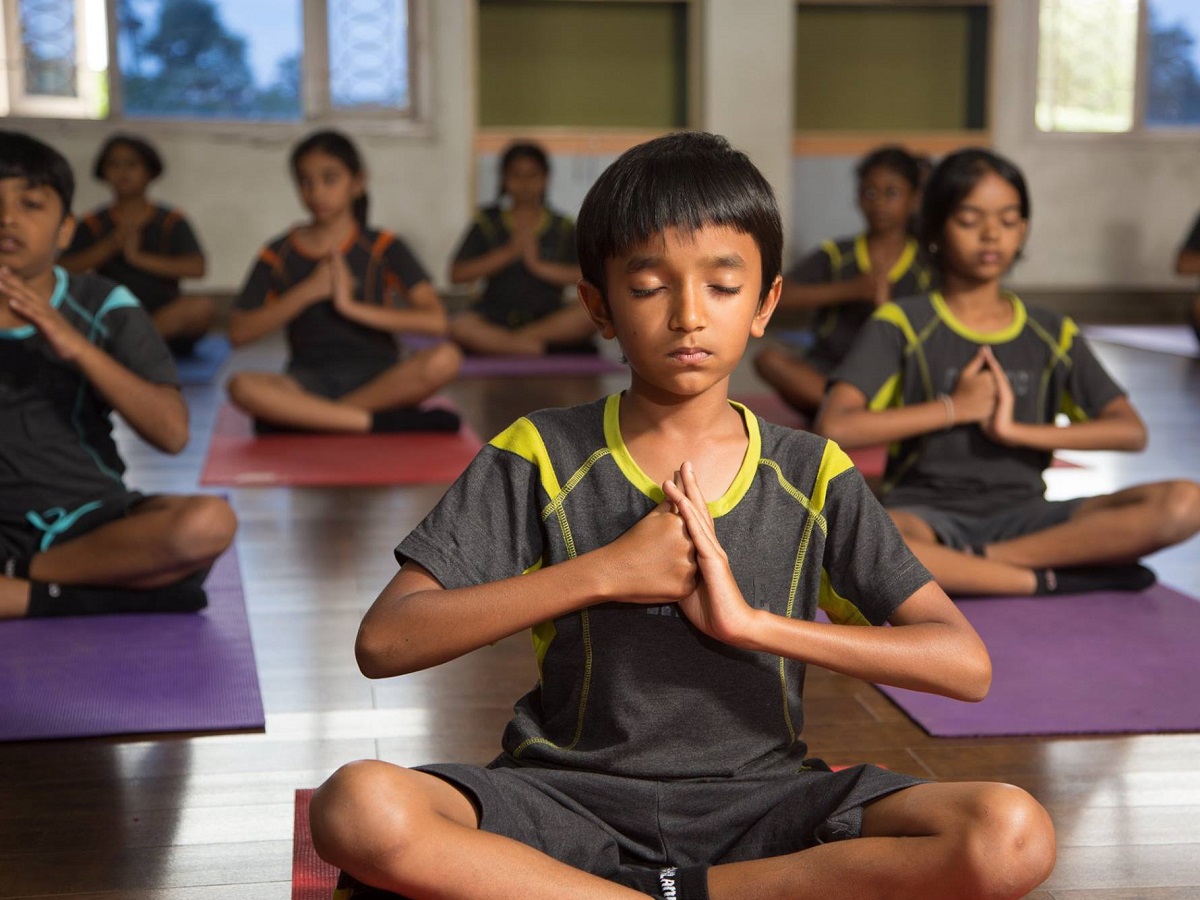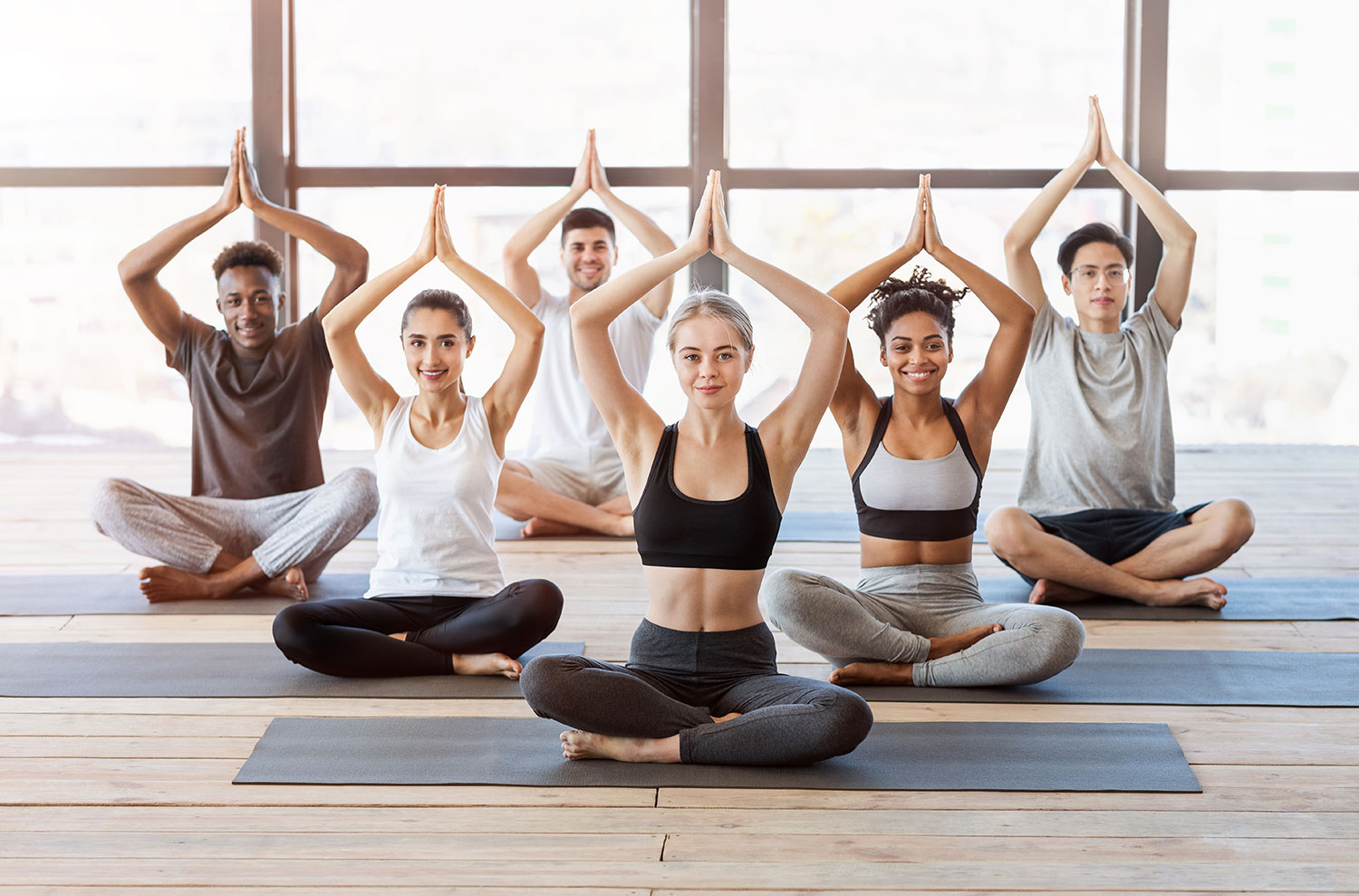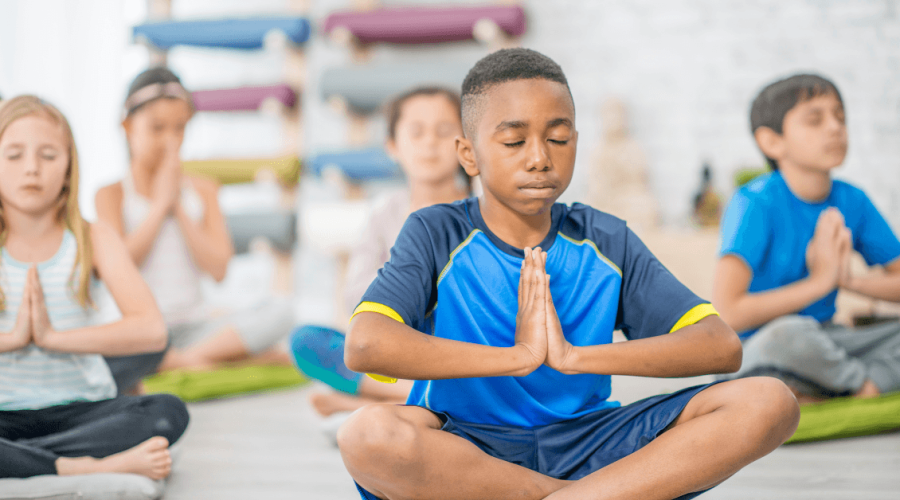In a world where the demands on students are ever-increasing, seeking ways to enhance both mental and physical well-being has become paramount. One such timeless practice that has gained global recognition for its holistic benefits is yoga. Originating in ancient India, yoga has transcended time and cultures to become a source of solace and vitality, especially for students. From bolstering concentration to fostering emotional balance, the advantages of incorporating yoga into a student’s routine are boundless.

Enhancing Concentration and Focus
The modern student’s life is a whirlwind of lectures, assignments, and exams, making it challenging to maintain sustained concentration. Yoga, with its emphasis on breath control and mindfulness, offers a powerful remedy. Through practicing asanas (postures) and pranayama (breath control), students can develop enhanced focus and cognitive clarity. The gentle rhythm of yoga sequences synchronizes the breath with movement, leading to a state of “flow” that mirrors the optimal mindset for learning.

Stress Reduction and Emotional Resilience
The academic journey is often punctuated with stress, anxiety, and pressure to perform. Yoga, with its calming techniques, can serve as a therapeutic tool for students to manage these challenges. Deep breathing exercises, meditation, and relaxation techniques activate the parasympathetic nervous system, countering the fight-or-flight response and promoting emotional balance. By cultivating mindfulness, students can develop resilience against the emotional rollercoaster of academic life.

Improved Physical Health
The sedentary nature of modern education can take a toll on students’ physical health. Yoga’s emphasis on flexibility, strength, and posture can counteract the negative effects of prolonged sitting. Regular practice can alleviate back pain, improve posture, and enhance overall body awareness. As students cultivate physical wellness through yoga, they pave the way for increased energy levels and a more positive outlook.

Boosting Creativity and Problem-Solving Skills
Creativity and critical thinking are essential skills for students across all disciplines. Yoga’s influence extends beyond the mat by stimulating cognitive flexibility and boosting creativity. The mind-body connection fostered through yoga can unlock new perspectives and encourage innovative problem-solving. The practice of embracing challenges and finding balance during yoga can inspire students to approach academic and real-world challenges with a fresh outlook.

Building Self-Confidence
A sense of self-assuredness is crucial for a student’s overall development. Yoga encourages self-acceptance and self-awareness, fostering a positive self-image. As students progress in their yoga practice, they witness their own growth and achievements, translating into increased self-confidence. This newfound self-assuredness can radiate into academic pursuits and personal interactions, empowering students to tackle challenges with a greater sense of belief in themselves.
Conclusion
The profound impact of yoga on students is irrefutable, as its fusion of bodily poses, mindful breathing, and contemplative exercises presents a comprehensive method for tackling the intricate array of obstacles confronting modern students. By amplifying focus, navigating stress, fostering physical health, stimulating ingenuity, and nurturing self-assurance, yoga furnishes students with priceless instruments for triumphant progression in both individual growth and scholastic accomplishments. As students enter the realm of the yoga mat, they initiate an expedition of uncovering their identity and fortitude, an expedition that will reverberate across the tapestry of their lives.
Read More:- Top 5 Beauty Tips for a Luminous Face
Read More:- Elevate Your Health Protection: Unveiling the Advantages of Care Supreme Health Insurance


